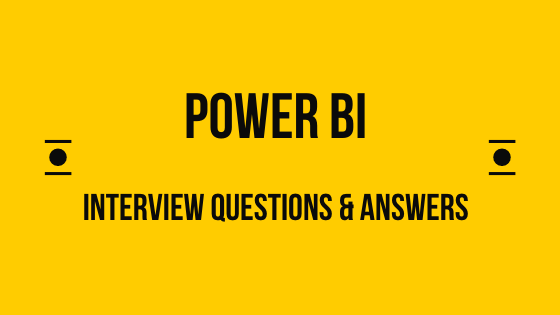Sumo Logic vs. Splunk: In today’s data-driven world, log management and data analytics play a pivotal role in enabling organizations to extract meaningful insights from vast amounts of information. Sumo Logic and Splunk are two major players in this field, offering powerful solutions for log management and data analysis. In this article, we’ll delve into the comparison between Sumo Logic and Splunk, helping you make an informed decision on which one best suits your organization’s needs.
Sumo Logic
Sumo Logic is a cloud-native, machine data analytics service. It focuses on leveraging log and machine data to provide real-time visibility into your applications and infrastructure. It caters to various areas, including IT operations, security, and business analytics.
Key Features
- Cloud-Native: Sumo Logic is optimized for cloud environments, with the capability to ingest data from various sources, whether on-premises or in the cloud.
- Real-Time Insights: It excels in real-time monitoring and analytics, enabling you to detect and respond to issues as they happen.
- Security Analytics: Sumo Logic incorporates robust security analytics features to identify and mitigate security threats.
- Log Data Management: This platform can seamlessly manage logs, metrics, and events, offering a comprehensive solution for log data management.
- Scalability: Sumo Logic scales effectively with your organization’s growth, accommodating both small businesses and large enterprises.
http://informationarray.com/2023/10/12/how-bigquery-sandbox-can-level-up-your-analytics-game/
Splunk
Splunk is a long-established player renowned for its log management and data analytics solutions. It offers an extensive array of products and solutions catering to diverse industries and use cases.
Key Features
- Versatility: Splunk is known for its versatility. It can collect and analyze data from virtually any source, making it suitable for various log management and analytics needs.
- Search and Analysis: Splunk’s search capabilities are highly regarded for their speed and flexibility, allowing users to quickly discover insights within their data.
- Alerting and Reporting: It facilitates setting up alerts and creating reports to monitor critical events and performance metrics.
- Machine Learning: Splunk offers machine learning capabilities to predict future trends and identify anomalies.
- Community and Ecosystem: Splunk boasts a substantial and active community, along with a vast marketplace for apps and integrations.
http://informationarray.com/2023/09/29/splunk-vs-datadog-navigating-the-world-of-data-monitoring-and-analytics/
Comparison
To help you make an informed choice, let’s compare Sumo Logic and Splunk in various aspects:
| Feature | Sumo Logic | Splunk |
|---|---|---|
| Deployment | Cloud-native with on-premises options | On-premises, cloud, and hybrid options |
| Data Sources | Logs, metrics, events | Logs, metrics, events, and more |
| Real-Time Monitoring | Yes | Yes |
| Security Analytics | Yes | Yes |
| Scalability | Scalable to match organization’s needs | Scalable to match organization’s needs |
| Ease of Use | User-friendly interface | Can have a steeper learning curve |
| Customization | Custom dashboards and queries | Highly customizable with apps and add-ons |
| Community Support | Good, but smaller than Splunk’s community | Large and active community |
FAQs
Q: What’s the cost of Sumo Logic and Splunk?
- Sumo Logic’s pricing depends on data volume and selected features. For detailed pricing information, visit their pricing page.
- Splunk offers various pricing models, including volume-based pricing and subscription licensing. You can find detailed information on their pricing page.
Q: Can I use Sumo Logic and Splunk together?
Yes, you can use Sumo Logic and Splunk together if specific use cases necessitate both platforms. However, be mindful of costs and potential redundancy in your log management strategy.
Q: Which platform is better for security analytics?
Both Sumo Logic and Splunk offer robust security analytics features. The choice may hinge on your specific security requirements and your organization’s familiarity with either platform.
Q: Are there any open-source alternatives to Sumo Logic and Splunk?
Yes, open-source log management and analytics solutions like the ELK Stack (Elasticsearch, Logstash, Kibana) and Graylog are popular alternatives. These solutions are cost-effective but may require more technical expertise for setup and maintenance.
Conclusion
Sumo Logic and Splunk are two prominent players in the realm of log management and data analytics, offering valuable insights for your organization. Your choice should be influenced by your specific requirements, budget, and your organization’s technical expertise. Evaluate scalability, ease of use, and community support before making a decision. Properly selecting a log management solution is critical in ensuring the availability, security, and performance of your systems and applications.










